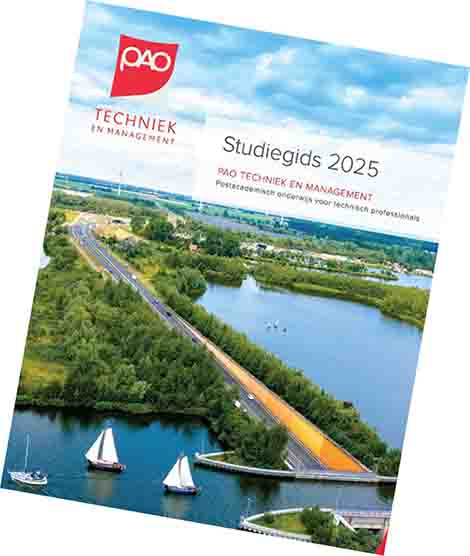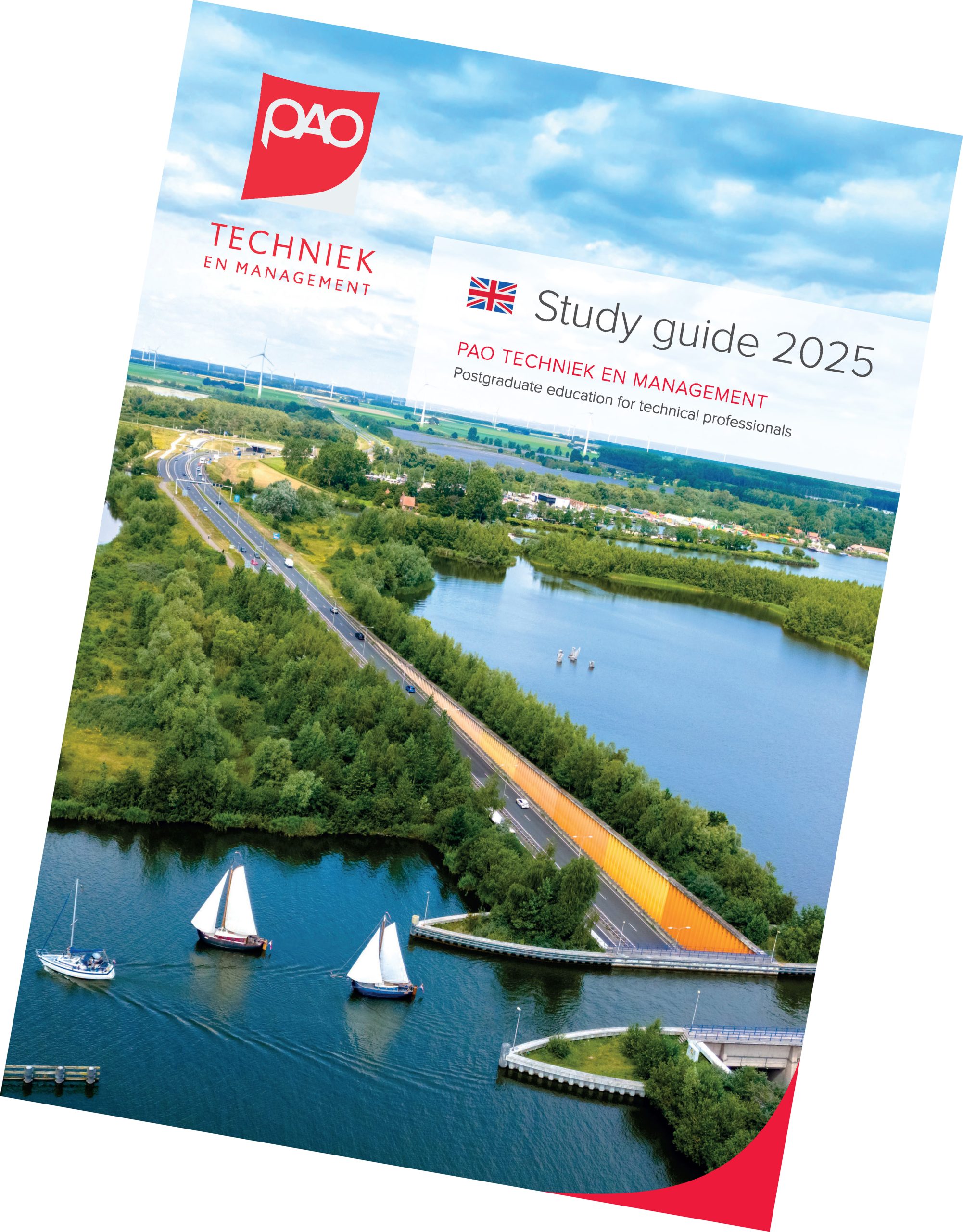Time series analysis and forecasting
In this course you will learn and practice modern approaches to time series analysis, modeling and forecasting and will discover how to use generative AI, such as ChatGPT or Copilot, in this process in a responsible way.

Modern methods for time series analysis, modelling and forecasting
In analyzing time series one searches for structures and patterns to describe and explain the underlying process. But also for ways to use adequate models fitted to predict future values or to study the effects of alternative scenarios.
Time series occur in a wide range of disciplines, from business, economic and social sciences to biomedical and engineering contexts. This course treats actual methods for time series analysis, modelling and forecasting.
Apart from the traditional methods for trend and seasonal decomposition of time series, more advanced statistical techniques, both in the time-domain and in the frequency domain are discussed and underlying principles are explained.
Furthermore, possibilities and dangers of using generative AI, such as ChatGPT and Copilot, when applying the discussed techniques will be explicitly addressed and demonstrated.
Insight in and practice with time series
During this course you will learn, in a hands-on manner:
- You gain insight in current approaches for time series analysis, modelling and forecasting, specifically:
- Exponential Smoothing models (Simple, Holt, Holt-Winter)
- Box-Jenkins models (ARMA, ARIMA, SARIMA)
- Multivariate time series modesl for correlated series (dynamic regression and VARMA models)
- You learn to analyze, to model and to validate time series data using relevant statistical software such as R, Minitab or JMP
- You learn to use the models obtained for time series analysis forecasting and scenario analysis
Intended for
Academics and professionals who have to analyze and predict time series data in their work. The course is also suited for lecturers at universities or colleges of higher education who want to be informed on actual methods for time series analysis.
Knowledge of basic statistical techniques like testing, estimating and regression modelling is assumed. Practical examples are in R.
Would you like to have more background information or read about experiences of data analysis course participants? Read our interviews:
- Interview with participant Mateen Asad (BearingPoint), who took a combination of the Practical data science with R and Time series analysis and forecasting course.
- Course leader dr. Koo Rijpkema (University of Technology Eindhoven) shares his vision on the world of data and courses and the importance of the discipline.
- Course leader dr. Koo Rijpkema (University of Technology Eindhoven) shares his vision on smarter and conscious use of data thanks to generative AI, such as ChatGPT or Copilot.
In English on request
Do you want to follow the course in English? Please mention this in the remarks field when you register.
Course leader

dr. Koo Rijpkema
“For me, teaching means sharing knowledge and passion, inspiring and fascinating people through the application of statistics.”
This course is rated with an average of
Program manager
Why PAOTM
-
The latest post-academic knowledge and skills
-
Focused on questions that arise in a technical environment
-
Interactive and directly applicable in practice
-
Top teachers from science, research and business
Frequently asked questions
Program
- Reception and registration
-
Introduction
• Introduction to the Course:
Objectives, Terminology, General Approach, Overview, Statistical Software, Data Resources, References.
- Lunch
-
Exploring Univariate Time Series (1)
• Exploring Univariate Time Series:
Analyzing Stationary Series, Series with Trend and series with Trend and Seasonality, Autocorrelations, Finite Differencing, Decomposition Methods, Data Transformations, Outliers & Missing Values. Case Studies and Assignments
- Closing
-
Exploring Univariate Time Series (2)
Spectral Analysis in a Nutshell, Correlogram & Spectrum, Relation between Time Domain and Frequency Domain - Lunch
-
Exponential Smoothing Models (1)
Naïve Prediction Models,
Simple Exponential Smoothing Models for Stationary Series and Holt’s Exponential Smoothing Models for Series with Trend: Model Estimation, Verification and Validation. Case Studies and Assignments.
- Closing
-
Introduction to Box Jenkins ARIMA Models (1)
Stochastic Processes, Purely Random Processes, Random Walks, Moving Average Processes: MA(q), Autoregressive Processes: AR(p). Mixed ARMA(p,q) Models for Stationary Series, ARIMA Models for Series with Trend, SARIMA Models for Series with Trend and Seasonality. - Lunch
-
Applying Box Jenkins ARIMA Models (1)
ARMA Model Identification, Estimation, Verification and Validation for Stationary series. Case Studies and Assignments. - Closing
-
Applying Box Jenkins ARIMA Models (2)
ARIMA and SARIMA Model Identification, Estimation, Verification and Validation for Series with Trend and/or Seasonality. Automatic Model Selection, Model Forecasts. Case Studies and Assignments. - Lunch
-
Exploring Multiple Time Series
Bivariate Processes, Cross Covariance & Correlation, Cross Spectrum, Linear Systems, Identification & Transfer Function, Multivariate Modeling & Forecasting, Scenario Analysis: “What-If….” forecasts -
Final Overview
Topics treated, Procedures covered, Expectations: Aims and Restrictions, Next Steps. - Evaluation and closing
Course leader

dr. Koo Rijpkema
“For me, teaching means sharing knowledge and passion, inspiring and fascinating people through the application of statistics.”
This course is rated with an average of
Frequently asked questions
Dates and locations
Below you will find an overview of the available dates and locations. You can register immediately by clicking on the 'Register' button.
Investment
- Including coffee, tea, lunches and (digital) course material
- Price excludes 21% VAT
Need a quotation?
Heb je vooraf een offerte nodig voor jouw cursusaanvraag? Vraag deze hier eenvoudig aan.
Request a quotationFrequently asked questions
In-company
Are several employees interested in the same course, do you want to enrich knowledge with the entire team or focus on your own practice? Then an in-company course could be interesting. We are happy to think along with you about the possibilities. PAOTM has extensive experience in organizing in-company courses in many technical fields for a wide range of companies. You can choose to have an existing course organized in-company for multiple employees. However, if you have a specific organizational or departmental issue, we can also design a unique course. For every customized request, we search our network at universities, knowledge institutes and the business community for the right teachers who can provide your team with the desired knowledge. We then put together a course based on your training needs, learning needs and organizational goals.
Curious about the possibilities? Contact one of our program managers or complete the form below. We are happy to make you a suitable offer.
FAQ's
In-company request
"*" geeft vereiste velden aan
Program manager
In-company courses of PAOTM are rated with an average of
Why In-company
-
A course tailored to your specific needs
-
Get started right away with your own cases
-
Led by top teachers with the most up-to-date knowledge
-
You choose where and when: always efficient
-
The entire team trained simultaneously
-
Customization possible in all our fields
Download the Study Guide
Would you like a complete overview of all our courses and trainings? Download the digital study guide!

Upcoming dates
Time series analysis and forecasting

Is your desired date not listed?
Sign up for the interest list. We will inform you as soon as a new date is planned.
Our corporate partners
Subscribe for the newsletter
In our monthly newsletter we inform you by e-mail about courses, trainings, news and developments in the various fields of PAOTM. Select the topics of your interest!
Download the Study Guide
In addition to the course offerings, the Study Guide also contains the themes that we will further develop next year. Would you like a complete overview of our courses and training in your field(s)? Request the Study Guide and receive it digitally.











